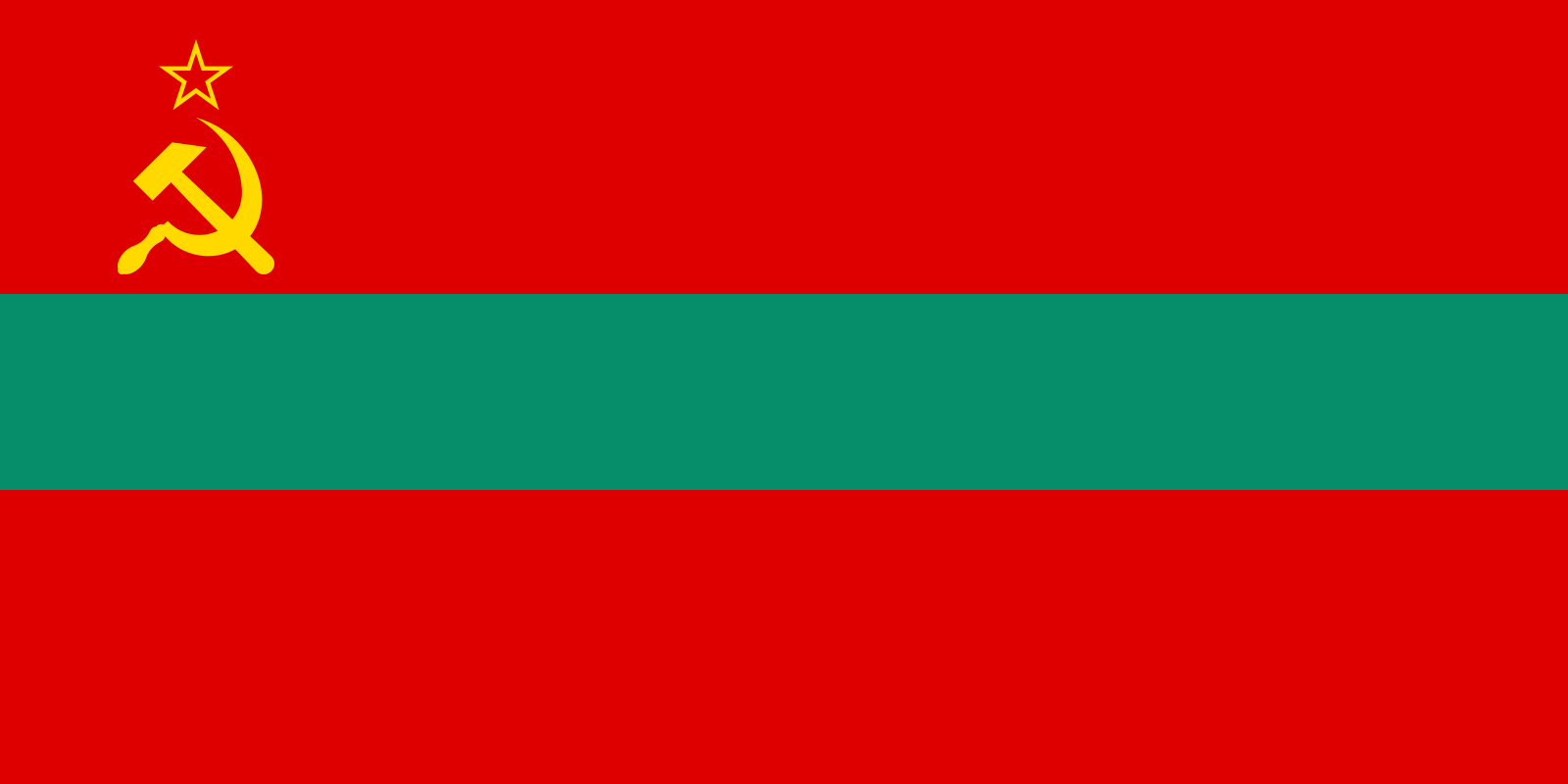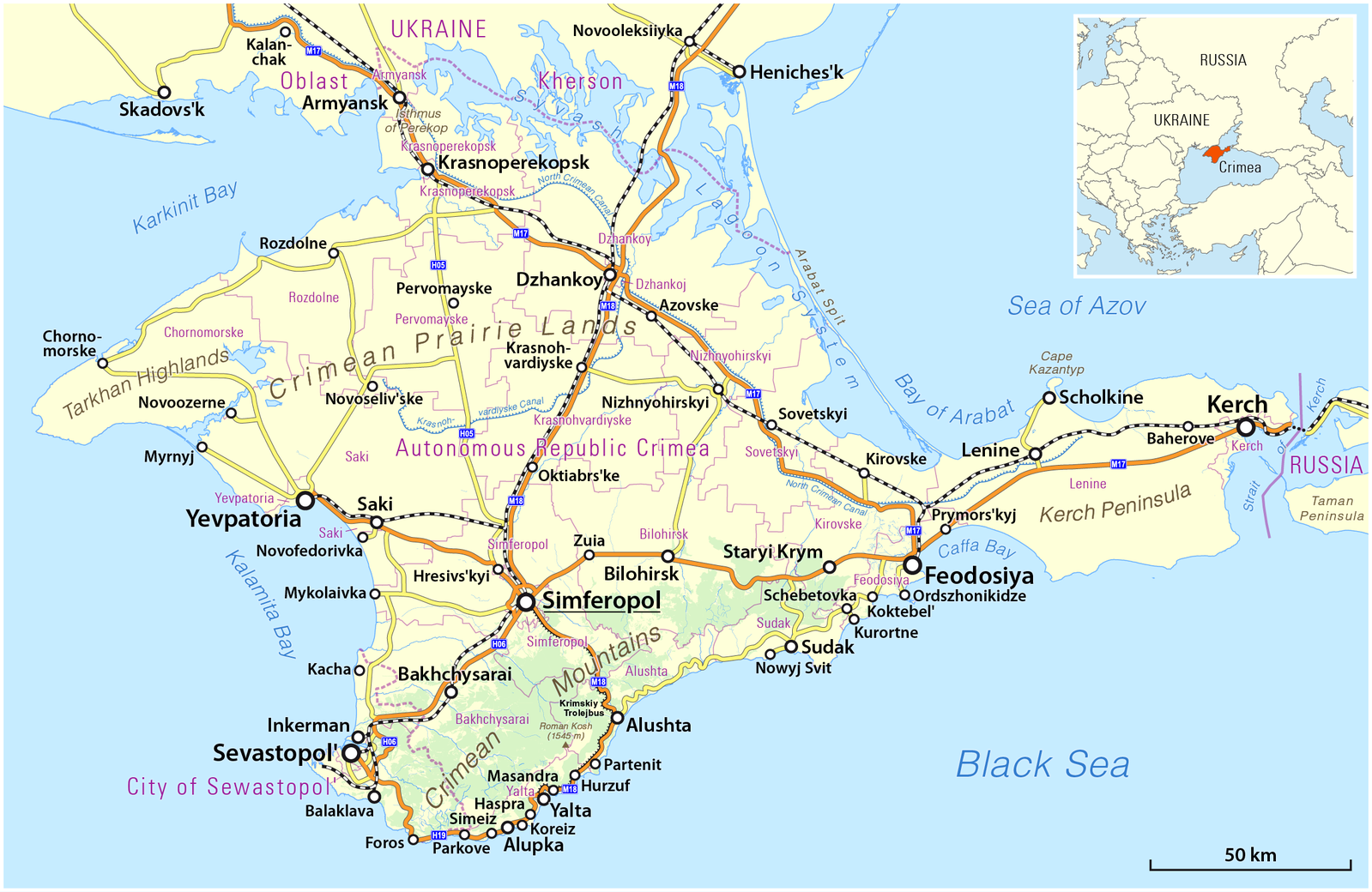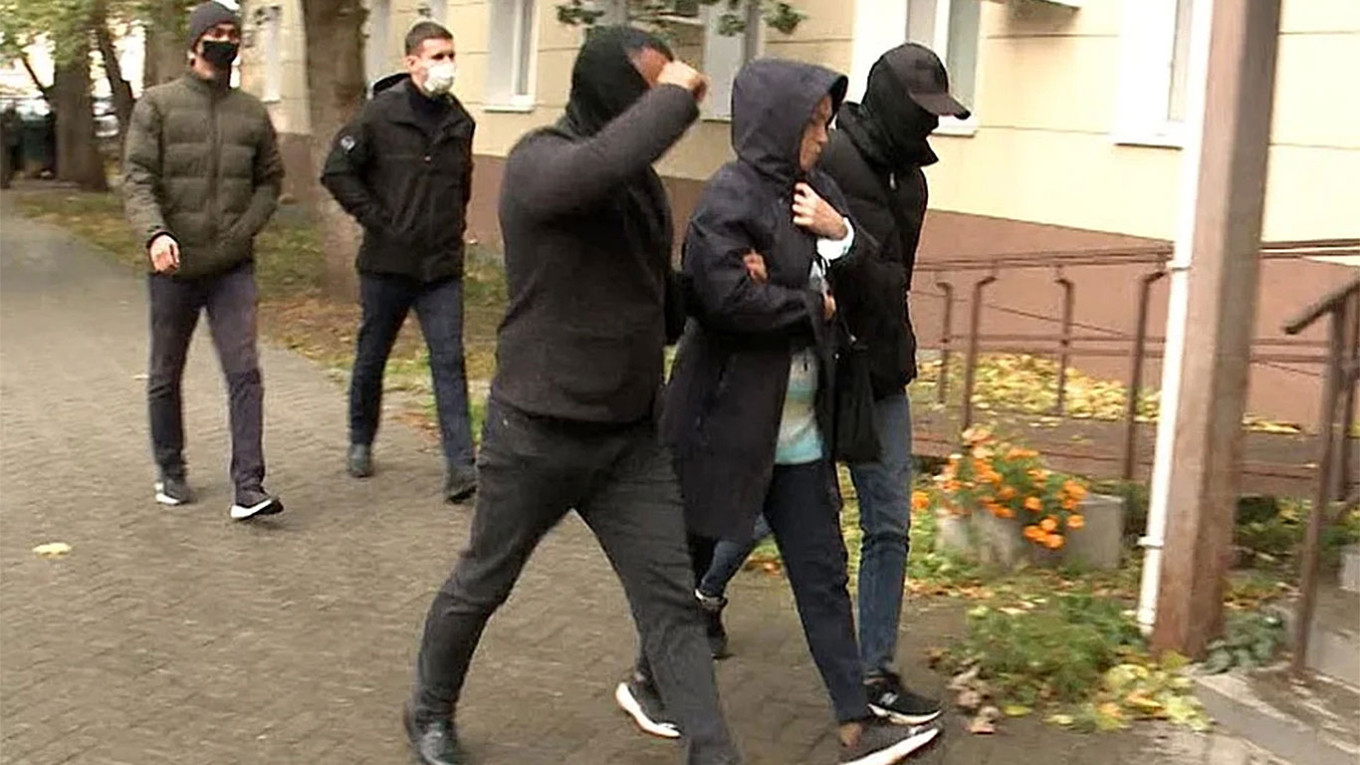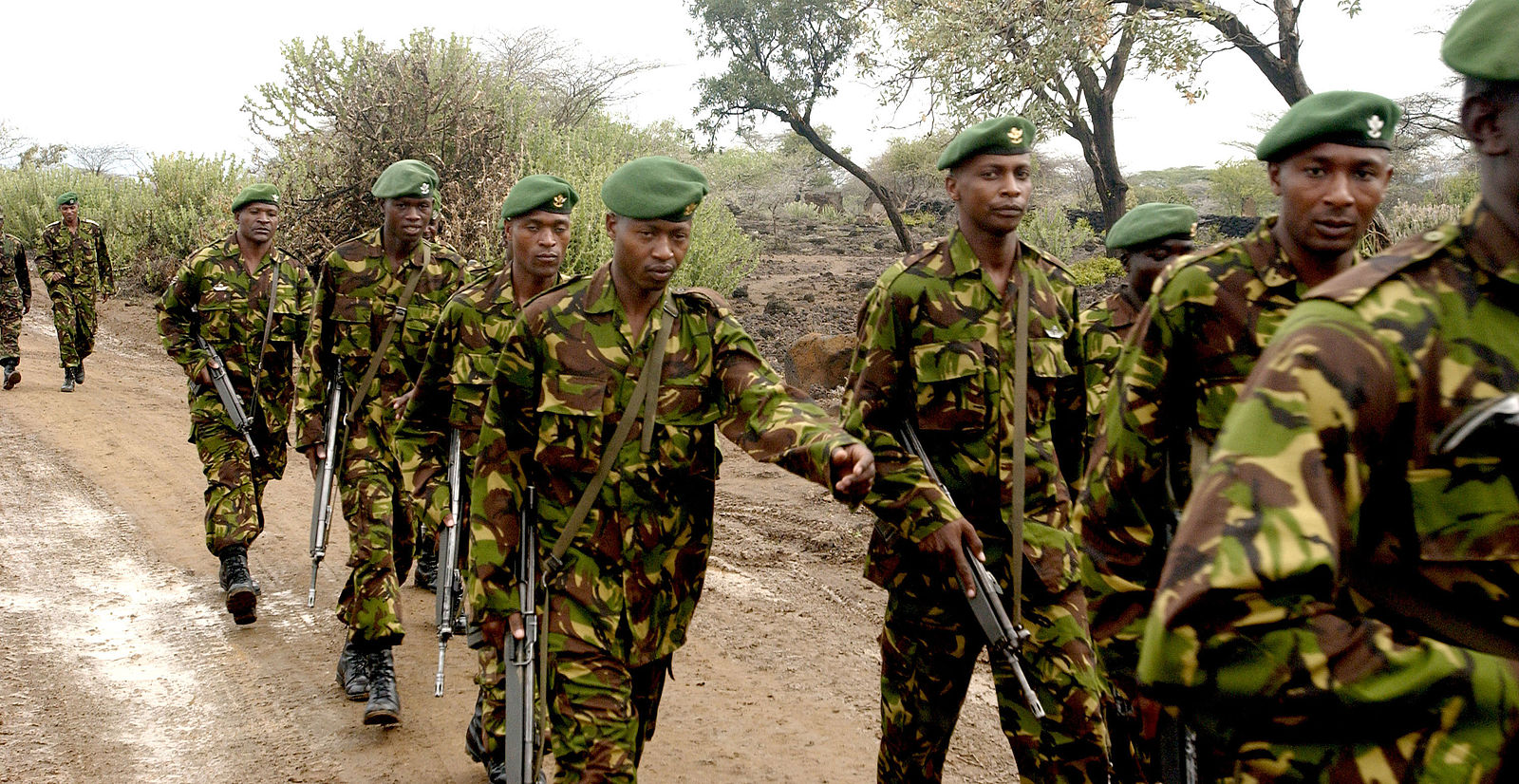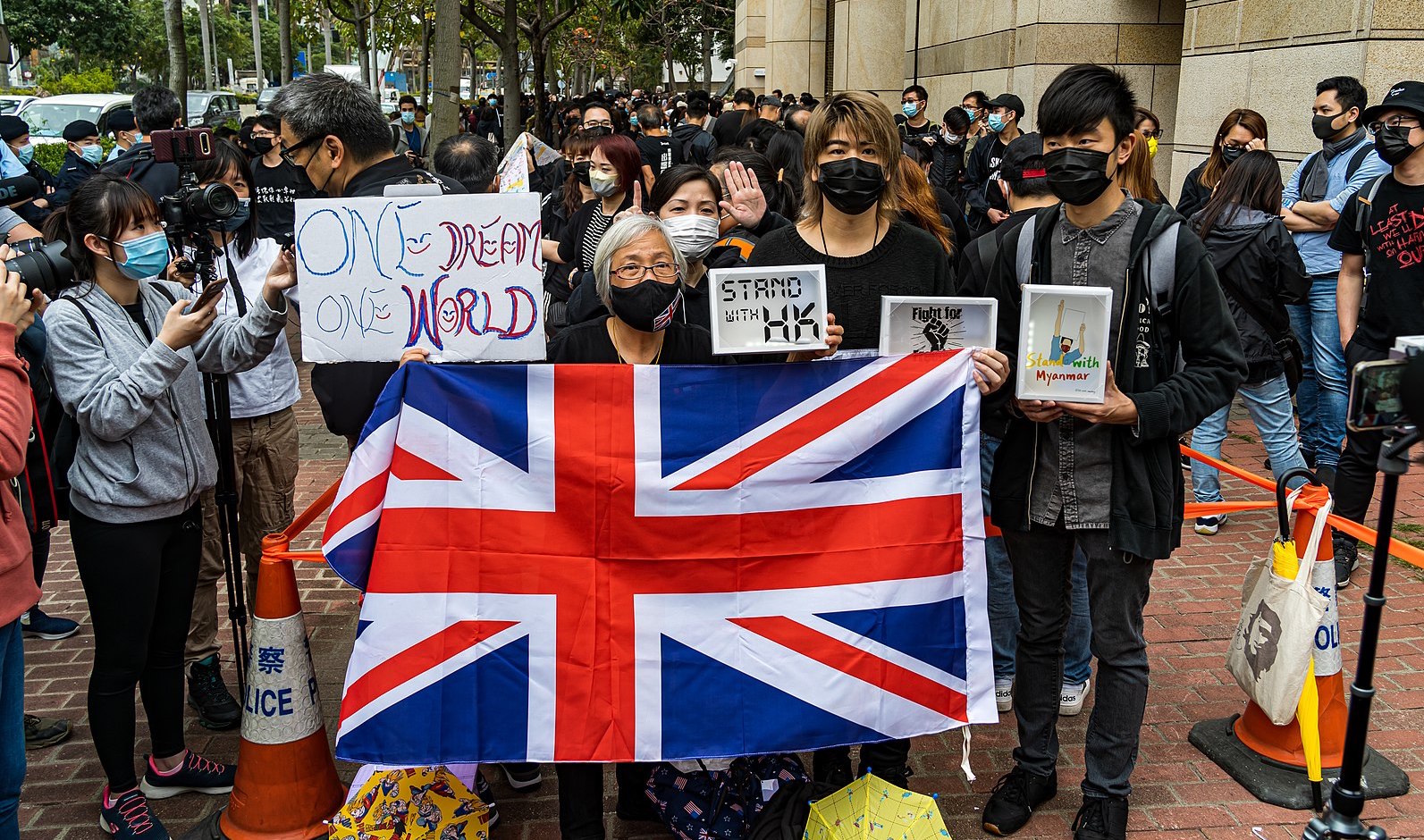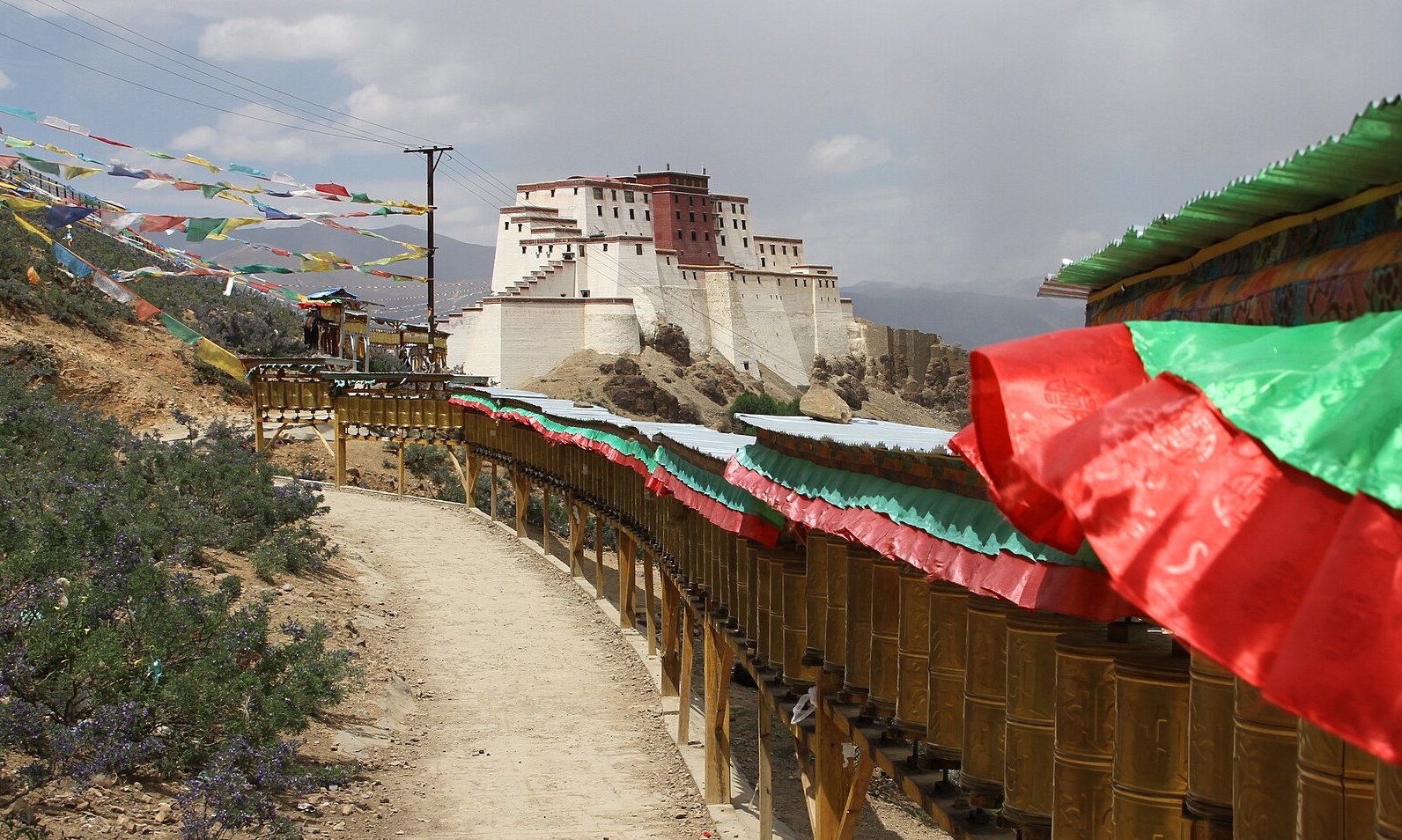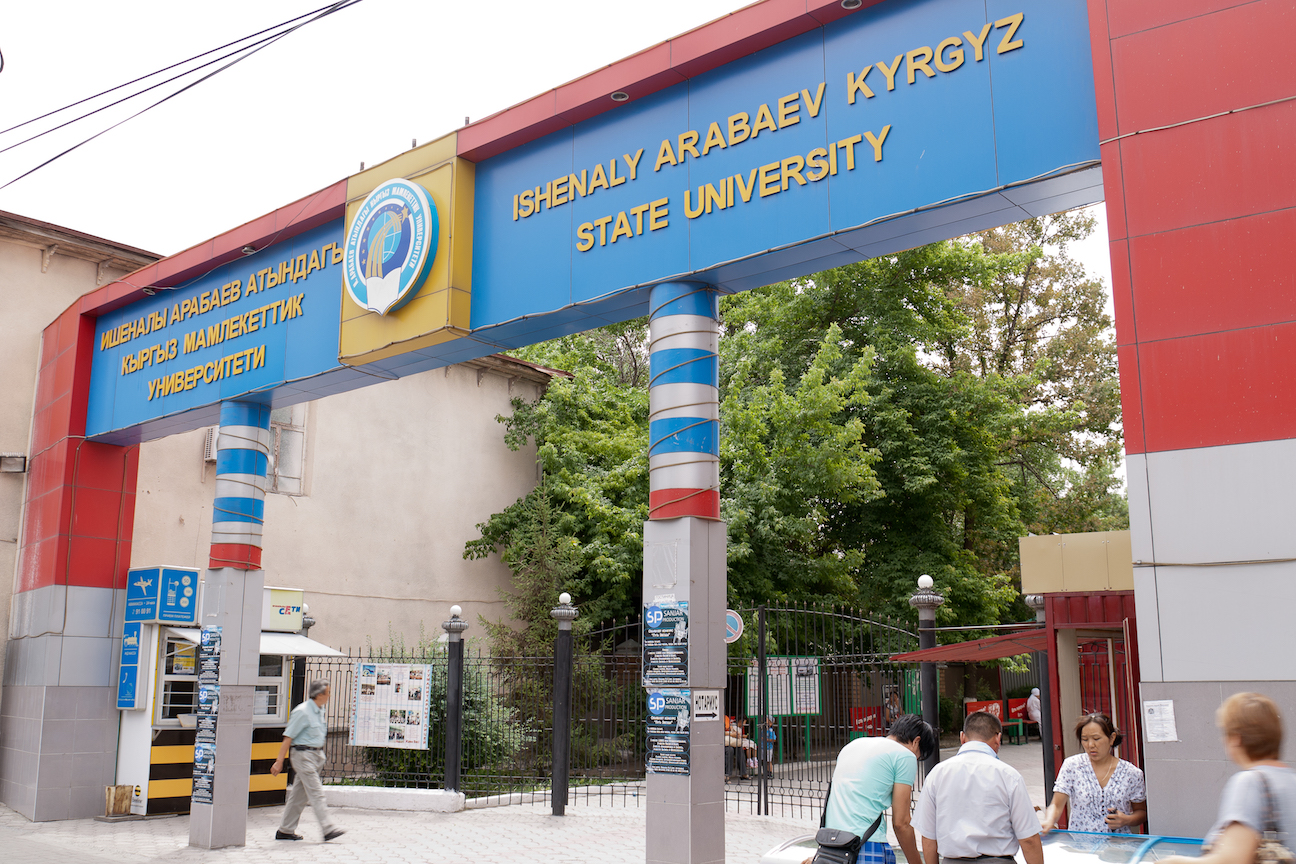
Estonia recognizes Crimean Tatar deportation as genocide
The Estonian parliament, the Riigikogu, officially recognized the mass deportation of the Crimean Tatars by the Soviet Union in 1944 as an act of genocide. The statement passed in the 101-seat body with 83 votes in favor and eight abstentions. The Riigikogu drew parallels between the Soviet-era deportation and the current Russian occupation of Crimea, which began in 2014. It charges that “the Russian Federation is continuing the policy of genocide pursued by the Soviet Union… with the aim of destroying the identity and erasing the historical and cultural heritage of the Crimean Tatars.” (Photo via Ukrainian Institute of America)



